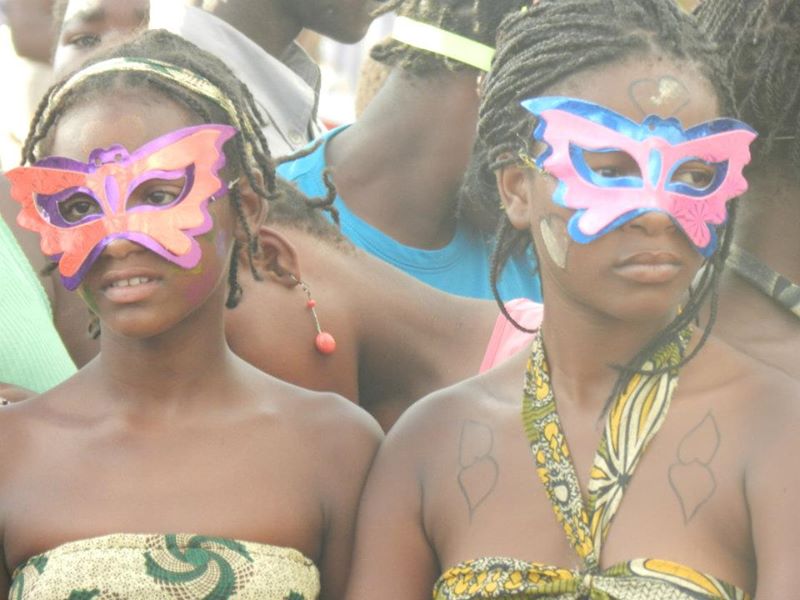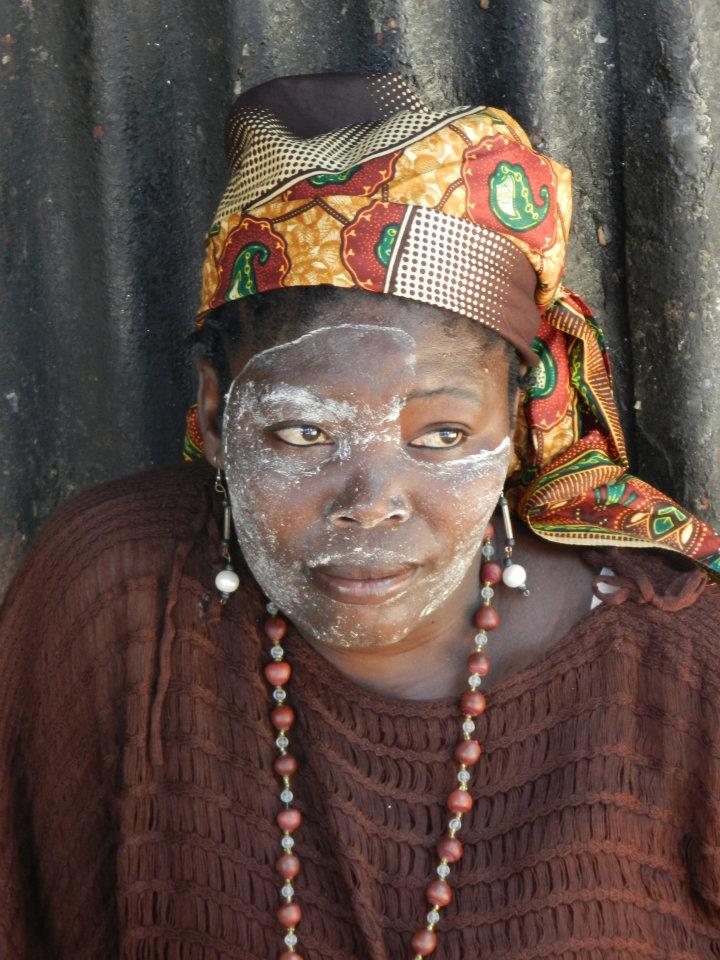Mozambique Women's Day
In recent years, Mozambique has made strides in promoting women’s rights and gender equality. The government has implemented policies to increase women’s participation in decision-making processes, improve access to healthcare and education for women and girls, and combat gender-based violence.
Despite these efforts, there is still much work to be done. Mozambican Women’s Day serves as a reminder of the ongoing need to empower women, eliminate discrimination, and create a more inclusive and equitable society for all Mozambicans.
On this day, Mozambican women are celebrated for their resilience, strength, and contributions to their families, communities, and the nation as a whole. It is a day of pride, remembrance, and a call to action to continue the fight for gender equality and women’s rights in Mozambique.
Mozambican Women Achievements
Mozambique has many great festivals and celebrations, but as a woman, my favorite day of the year must be the 7th of april. Mozambican Womans Day!
Dia da Mulher Moçambicana, or Mozambican Women’s Day, is celebrated on the 7th of April every year in Mozambique. This day is significant in honoring and recognizing the important role that women play in the history, culture, and development of Mozambique. It also serves as a reminder of the ongoing struggle for gender equality and women’s rights in the country.
The history of Dia da Mulher Moçambicana is deeply intertwined with Mozambique’s own journey to independence and the role of women in that struggle. On April 7, 1971, Josina Machel, the first wife of Mozambique’s first president, Samora Machel, passed away. She was a key figure in the Mozambican independence movement and a symbol of the strength and resilience of Mozambican women.
Josina Machel was not only a wife but also an activist in her own right. She played a pivotal role in the struggle against Portuguese colonial rule. She was instrumental in organizing women’s groups, advocating for education and healthcare for all, and fighting for the rights of women and children. Her legacy continues to inspire generations of Mozambican women to this day.
On Mozambican Women’s Day, various events and activities are held throughout the country to celebrate the achievements of women and to highlight the challenges they still face. These events include marches, conferences, workshops, art exhibitions, and cultural performances.
The day is an opportunity to reflect on the progress made in advancing gender equality in Mozambique. It is also a time to address the remaining barriers that women encounter, such as limited access to education, healthcare, economic opportunities, and political representation.






